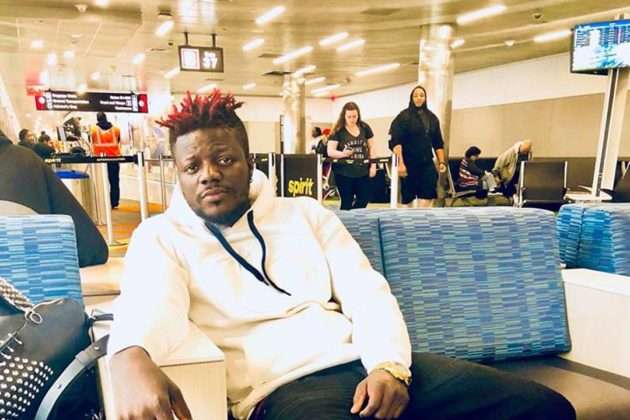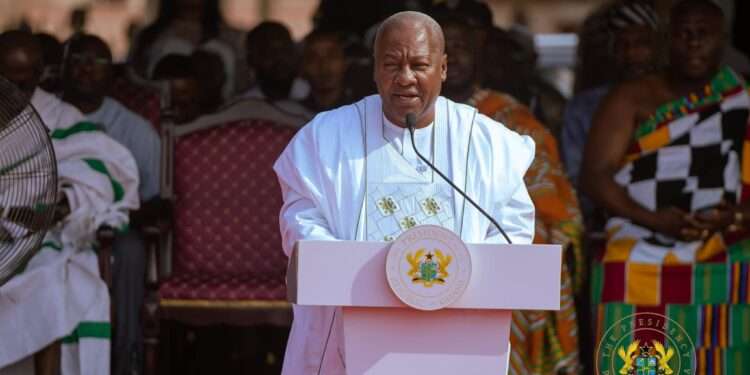In the age of digital connectivity, social media platforms have become a dominant force in shaping how music is discovered, consumed, and shared.
While these platforms offer unprecedented access to a vast array of musical content and foster a sense of community among fans, they also contribute to a phenomenon where the enjoyment of music becomes increasingly fleeting.
Social media platforms such as TikTok, Instagram, and Twitter have revolutionized how music is discovered and shared.
Algorithms curate personalized feeds, making it easier for users to stumble upon new artists and songs that resonate with their tastes. Viral challenges, dance trends, and snippets of songs propel tracks to instant fame, creating a new paradigm in music marketing.
US-based Ghanaian rap star, Pope Skinny revealed that social media is good but shortens enjoyment of music.
“People get access to stuff so easily these days. Once you like a song, you download it onto your phone. After listening to it for a while, you get fed up.
“In the days before social media, however, you had to tune in to the radio to hear these songs and that kept you coming back unlike today when you have the music on your phone, accessible to you all the time, once you’re fed up with it, you look for a new song to enjoy.”
Pope Skinny
Pope Skinny argued, unlike some people who have opined, “it is not a matter of diminished quality” but the excess access of “the current era”. He noted, “Because of social media, we don’t promote music how we used to anymore”.
“These days, musicians expect the radio program managers and disk jockey (DJ) to look for the songs and present them to their audiences when at first we brought it to the radio station.”
Pope Skinny
Fans interact with artists directly, sharing their interpretations and remixing tracks, fostering a sense of community and belonging. This engagement deepens the connection between artists and listeners, creating a more immersive experience.
Despite these benefits, social media’s rapid pace and emphasis on instant gratification lead to a diminished appreciation for music.
With an endless stream of new music being released daily, listeners feel overwhelmed. The sheer volume of available tracks leads to a “paradox of choice,” where individuals struggle to focus on or fully appreciate any single piece of music.
As a result, songs are only listened to briefly before being replaced by the next trending track. Social media fosters a culture of comparison, where listeners may feel pressured to keep up with trending music.
This leads to a superficial engagement with music, as individuals prioritize what is popular over what resonates with them. The fear of missing out (FOMO) pushes listeners to consume music quickly, often at the expense of genuine enjoyment.
Impact on Artists

The implications of social media’s influence on music enjoyment extend to artists as well. While social media provides a platform for exposure, it also creates challenges for musicians.
The demand for constant content pressures artists to release music frequently, often sacrificing quality for quantity. This leads to a dilution of their artistic vision and a loss of the depth that comes with carefully crafted albums.
Pope Skinny intimated leaving the radio DJ to look out for one’s music came with the risk he would miss one’s music when released, considering the overcrowded music scene and the volume of music released these days.
He noted that engaging in various forms of physical promotion, as against virtual, means a musician would increase their brand awareness and be more top of mind. “Up till now, DJs still send me pictures of CDs I presented to them back in the day,” the ‘Wo Shatta Me’ hitmaker noted.
To navigate the complexities of social media’s impact on music enjoyment, both listeners and artists should adopt strategies that promote a more fulfilling experience.
Listeners are encouraged to practice mindful consumption by dedicating time to fully engage with an album or artist, rather than jumping from one song to another. Creating playlists that reflect personal tastes encourages deeper connections with music.
Fans support artists by purchasing music, attending live shows, and engaging with their content in meaningful ways. This not only helps artists sustain their careers but also fosters a sense of community that transcends fleeting trends.
Social media has undeniably transformed the music landscape, offering new avenues for discovery and engagement. However, it also presents challenges that can lead to a more transient enjoyment of music.
By recognizing these dynamics, both listeners and artists can work towards a more meaningful relationship with music, one that honors its ability to inspire, connect, and enrich our lives. In this digital age, the key lies in finding a balance that embraces the benefits of social media while fostering a deeper appreciation for the art of music.
READ ALSO: Replacements EC Head Threaten Ghana’s Democratic Stability





















